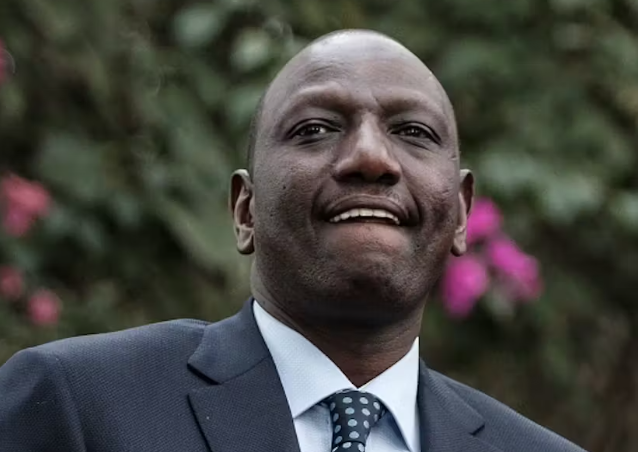Honorable Junet Muhammed, a prominent member of the Orange Democratic Movement (ODM) party in Parliament, voiced strong opposition to the proposed amendments to the Finance Bill.
Honorable Muhammed emphasized that it is too late to make these amendments and declared that the ODM party rejects the bill in its entirety.
Legislation plays a crucial role in shaping a country’s economic direction and social welfare. Amendments to existing bills or laws are essential to address emerging issues or correct any perceived injustices.
However, if amendments are proposed too late in the legislative process, they often face resistance from both lawmakers and the public.
This is precisely the situation with the current Finance Bill.
The Finance Bill is a critical piece of legislation, outlining the government’s financial plans and policies for the upcoming fiscal year.
Timely amendments are particularly important for such bills, as any changes can have significant implications for the government’s budget and spending priorities.
By rejecting the bill entirely, the ODM party is essentially rejecting the government’s proposed financial strategies and policies for the year.
Honorable Muhammed’s stance, while seemingly extreme, underscores the importance of timely legislative amendments.
Lawmakers must strike a delicate balance between addressing emerging issues and ensuring that any proposed amendments are given adequate time for thorough review and debate.
This balance is vital to ensuring that the government’s financial plans align with the needs and priorities of the country’s citizens.
The rejection of the Finance Bill by the ODM party highlights the broader issue of legislative timing and responsiveness.
It serves as a reminder that the legislative process must be flexible enough to accommodate necessary changes while also being robust enough to ensure that these changes are well-considered and effectively debated.
In the case of the Finance Bill, the late stage at which amendments are being proposed has led to significant opposition.
The ODM party’s outright rejection of the bill underscores their belief that the proposed changes are not sufficient to address the underlying issues within the bill.
This stance reflects a broader dissatisfaction with the government’s financial approach and a call for more thoughtful and timely legislative processes.
The significance of the ODM party’s rejection cannot be overstated.
It highlights a critical aspect of legislative governance: the need for timely and responsive amendments.
As the government moves forward, it must consider the importance of proposing amendments at stages in the legislative process where they can be adequately reviewed and debated.
This approach will help ensure that the government’s financial plans and policies are not only effective but also reflective of the citizens’ needs and priorities.
Honorable Junet Muhammed’s firm opposition to the proposed amendments to the Finance Bill and the ODM party’s rejection of the bill highlight the crucial role of timely legislative amendments.
This situation serves as a poignant reminder that effective governance requires a careful balance between responsiveness and thorough deliberation, ensuring that the legislative process remains both flexible and robust.





















Add Comment